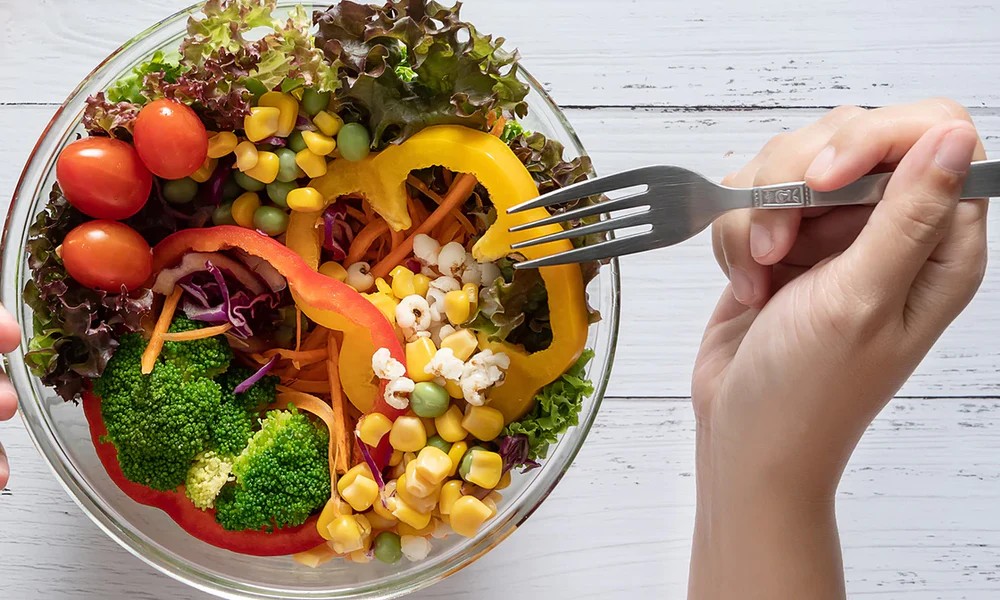Was a weight loss plateau your downfall? Regardless of food or exercise, the scale numbers don’t alter. Anger and wondering what you’re missing prevent you from moving ahead. The solution may be on your plate. If not, it may be planned. Eating and snacking at various times may help you lose weight, according to growing studies. When you eat matters as much as what. This plan goes beyond eating three large meals a day. Natural body rhythms may impact how your body breaks down food and burns calories, as well as how frequently and when you eat.
Imagine using your body’s inherent instincts to your advantage. To maximize your exercises, organize your meals around your body’s natural clock or eat at times that boost your metabolism. Interesting, huh? By understanding meal planning science and following some helpful strategies, you may change your food plan from a weight loss obstacle to a helper. Let’s examine how your circadian rhythm, eating frequency, and pre- and post-workout meals effect weight reduction. Also search by slimming centre near me and find the right solutions from the best centers.
More commonly eat: A bigger dinner doesn’t automatically guarantee greater weight reduction.
How many meals should I consume daily to lose weight? There’s no universal solution. Some research shows that eating several little meals throughout the day may lower blood sugar and cravings. Others don’t see a weight reduction difference between frequent and infrequent eating habits. Finding a routine that makes you happy is crucial. If eating too much makes you eat too much, try three nutritious meals and healthy snacks. Be mindful of hunger signals and don’t eat without thinking.
You may grow fitter by eating before and after exercise.
Exercise helps lose weight. Did you know that eating before or after exercise may increase the effects? Workouts put your body in an anabolic condition, ready to repair muscle. A carb-and-protein recovery meal in 30–60 minutes can assist your muscles mend and glycogen levels increase.
Meal timing so you can tango with your circadian rhythm
Your circadian rhythm governs metabolism and other activities. Studies reveal that eating at your circadian rhythm may help you lose weight. Since your metabolism is quicker in the morning, consume most of your calories then. Avoid late-night meals since they may keep you awake and induce weight gain.
Helpful Weight Loss Meal Plan Tips
Listen to your body and eat when hungry until satisfied but not full. Do not eat when not hungry. Plan meals ahead of time to avoid unwise decisions while hungry. Regular mealtimes keep your body and appetite in check. Yogurt or berries are healthful late-night snacks. If you keep hydrated during the day, you may feel better and nibble less. Missing meals may cause your body to malfunction, leading to overeating.
Meal Timing: A Guide, Not a Law
Eating is just half of losing weight. Focus on a balanced diet, portion management, and regular exercise for long-term advantages. Your ideal meal plan fits all your demands and helps you lose weight and improve your health. After finding what gives you energy and happiness, try other things and watch your weight reduction journey take off.
Conclusion
Overall, meal planning may work with a balanced diet and regular exercise, but it’s not a weight loss miracle. Try eating at various times to find out when you’re most energetic and full. Remember that no method works for everyone. Eat properly, listen to your body, and don’t munch without thinking.

